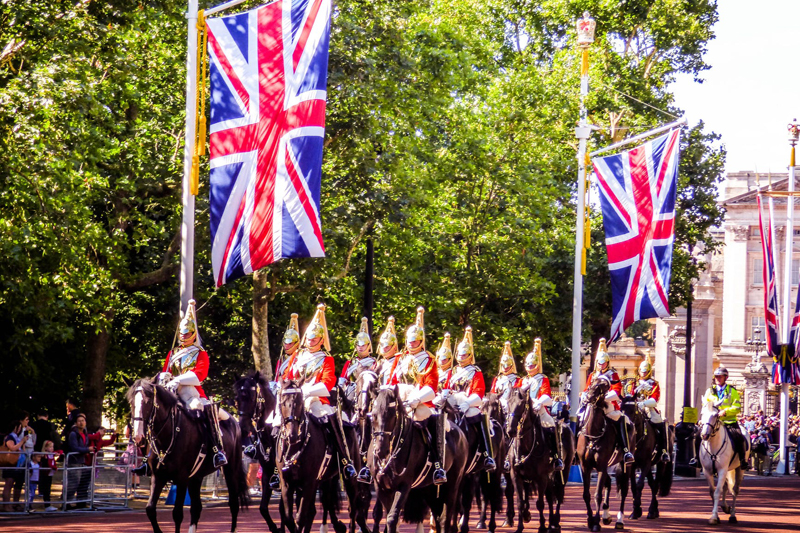Olympic Sports - Rowing

Rowing has been an Olympic sport for over a century, debuting at the Paris Olympic Games in 1900. Olympic 2012 Rowing events take place on lake at Eton Dorney near Windsor – the site has a huge lake amidst hundreds of acres of parkland.
The Olympic rowing course is 2,000m long. Boats range in size from one person craft to Eights which hold eight rowers and a cox, and events are categorised by size of boat.
There is a language to rowing, as there is with many sports, that can be puzzling to the uninitiated. Terms used regularly in the sport include:
Cox. Normally seen in boats with eight rowers. Familiar to those who follow the Oxford and Cambridge Boat Race. The cox sets the path and steers the boat.
Sculling. Sculling means rowing with two oars. Thus rowing events include Single Sculls, Double Sculls and Quadruple Sculls - boats with one, two or four people each rowing with two oars.
Stern. The stern is the back of the boat – as rowers sit backwards when they row they face the stern.
Sweep. Rowers taking part in Sweep racing use both hands to hold one oar. Sweep racing can involve two, four or eight rowers in a boat.
Steve Redgrave won Gold at five Olympic Games in succession. They include:
• Coxed Fours at Los Angeles in 1984
• Coxless Pairs at Seoul in 1988
• Coxless Pairs at Barcelona in 1992
• Coxless Pairs at Atlanta in 1996
• Coxless Fours at Sydney in 2000
Andy Holmes partnered Redgrave in 1988 and was one of the winning team at Los Angeles. Holmes retired in 1990 and died in 2010 of Weil’s Disease.
At Barcelona and Atlanta Matthew Pinsent was the other half of Redgrave’s coxless pair. Pinsent was also on the team that won the Coxless Fours in Sydney. In the 2004 Athens Olympic Games Pinsent gained another Coxless Fours Gold Medal.
The tradition of rowing at British universities has produced some great athletes, including Katherine Grainger who was exposed to rowing whilst studying at Edinburgh University. She went on to win Olympic Silver Medals for Rowing at Sydney, Athens (where she switched from sculling to sweep rowing) and Beijing.
At the Beijing Olympic Games in 2008 Great Britain won a host of medals. They included:
• Gold Medals for Men’s lightweight double sculls and Men’s four
• Silver Medals for Men’s eight and Women’s quadruple sculls
• Bronze Medals for Women’s double sculls and Men’s double sculls
Rowing involves strength and incredible levels of fitness. Whilst some of Britain’s rowing greats have retired, it is likely that newer blood in the rowing world will build on the successes of Beijing at London’s 2012 Olympics.
The Olympic rowing course is 2,000m long. Boats range in size from one person craft to Eights which hold eight rowers and a cox, and events are categorised by size of boat.
There is a language to rowing, as there is with many sports, that can be puzzling to the uninitiated. Terms used regularly in the sport include:
Cox. Normally seen in boats with eight rowers. Familiar to those who follow the Oxford and Cambridge Boat Race. The cox sets the path and steers the boat.
Sculling. Sculling means rowing with two oars. Thus rowing events include Single Sculls, Double Sculls and Quadruple Sculls - boats with one, two or four people each rowing with two oars.
Stern. The stern is the back of the boat – as rowers sit backwards when they row they face the stern.
Sweep. Rowers taking part in Sweep racing use both hands to hold one oar. Sweep racing can involve two, four or eight rowers in a boat.
Steve Redgrave won Gold at five Olympic Games in succession. They include:
• Coxed Fours at Los Angeles in 1984
• Coxless Pairs at Seoul in 1988
• Coxless Pairs at Barcelona in 1992
• Coxless Pairs at Atlanta in 1996
• Coxless Fours at Sydney in 2000
Andy Holmes partnered Redgrave in 1988 and was one of the winning team at Los Angeles. Holmes retired in 1990 and died in 2010 of Weil’s Disease.
At Barcelona and Atlanta Matthew Pinsent was the other half of Redgrave’s coxless pair. Pinsent was also on the team that won the Coxless Fours in Sydney. In the 2004 Athens Olympic Games Pinsent gained another Coxless Fours Gold Medal.
The tradition of rowing at British universities has produced some great athletes, including Katherine Grainger who was exposed to rowing whilst studying at Edinburgh University. She went on to win Olympic Silver Medals for Rowing at Sydney, Athens (where she switched from sculling to sweep rowing) and Beijing.
At the Beijing Olympic Games in 2008 Great Britain won a host of medals. They included:
• Gold Medals for Men’s lightweight double sculls and Men’s four
• Silver Medals for Men’s eight and Women’s quadruple sculls
• Bronze Medals for Women’s double sculls and Men’s double sculls
Rowing involves strength and incredible levels of fitness. Whilst some of Britain’s rowing greats have retired, it is likely that newer blood in the rowing world will build on the successes of Beijing at London’s 2012 Olympics.
You Should Also Read:
Olympic Sports - Aquatics
Olympic Sports - Canoeing
Olympic Sports - Sailing

Related Articles
Editor's Picks Articles
Top Ten Articles
Previous Features
Site Map
Content copyright © 2023 by Asha Sahni. All rights reserved.
This content was written by Asha Sahni. If you wish to use this content in any manner, you need written permission. Contact Sarah V Monaghan for details.


